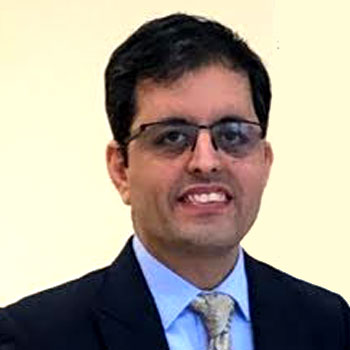 “Research ethics can be defined as the ethics of the planning, conduct and reporting of research. Research ethics should include: protections of human and animal subjects.”
“Research ethics can be defined as the ethics of the planning, conduct and reporting of research. Research ethics should include: protections of human and animal subjects.”
Gian Luigi Lenzi (GLL): Ethical standards are an important aspect of H2020. How did the EC decide on these standards and who took part in their definition?
Isidoros Karatzas (IK): The ethics standards are based on, for example, the principles of the European Charter of Fundamental Rights, the European Convention of Human rights (Article 19, Horizon 2020 regulation). Also on the relevant principles that flow from specific European and National legislation such as data protection and privacy, clinical trials etc. The Sector also follows and participates in the dialogue with the responsible Member States structures, such as the national Bioethics Committees, the network of Research Ethics Committees etc.
GLL: H2020 implemented an “Ethics appraisal procedure”. What does this procedure imply?
IK: The Ethics Appraisal procedure is an umbrella term to cover the four steps in ethics work:
a) the ethics self-assessment (prepared by the H2020 applicants),
b) the ethics screening and ethics assessment (together forming the ethics review, part of the application selection procedure) and lastly,
c) the ethics checks (during the life of a proposal). All four steps are carried out with the assistance of independent experts.
GLL: Each project will undergo an ethics review procedure. Who is in charge of this review and which measures will be used?
IK: The ethics review is a two part process: the ethics screening and the ethics assessment. The Horizon 2020 services are responsible for both these parts: the service/agency responsible for each call is responsible also for the ethics screening.
The Ethics and Research Integrity sector of DG RTD is responsible for the ethics assessment – the assessment involves proposals that raise complex ethical issues. In addition, all proposals involving the use of Human embryonic stem cells go directly to ethics assessment.
The ethics screening and the ethics assessment will result in a series of requirements that become contractual obligations (see article 34 of the Horizon 2020 Grant Agreement).
GLL: The complex ethical issues at stake in research may lead to an “Ethics Assessment” of the submitted proposal. Can you explain to the Neuropenews readers what such an assessment implies?
IK: The assessment is an in depth analysis of the ethics issues raised by the proposal. It is carried out by larger panels (as compared to the ethics screening) representing various expertise for example in health, law, social sciences, philosophy etc.
GLL: EAN subscribed to the Code of Conduct of the Biomedical Alliance. EAN is not directly involved in research projects, but promotes research, also H2020 and its research options. Can you give us suggestions how EAN can help the EC to do so and thus indirectly enhance the ethics related issues surrounding the research proposals?
IK: The most challenging part of the ethics related work is without a doubt the part that goes beyond compliance. The important task is to embed ethics in the design of the research protocols rather than treating ethics as an add-on, or even worse as a red tape mechanism. Embedding ethics is of particular importance in fast moving and innovative fields of research such as neurosciences.
There are three areas (at least) that EAN can help:
a) The training of its own research community, especially the young generation of researchers, and supporting the (also public) debate on embedding ethical principles in neurology research (“preventing” is vastly more efficient and effective than “curing” also in ethics).
b) Prepare and propose specific guidance notes on ethics in neurology (i.e. how to embed ethics in research protocols, how to deal with animal testing, how to better protect privacy and how to improve the informed consent procedures).
c) Propose experts that can serve as ethics reviewers for Horizon 2020 proposals. These experts should register in the Horizon 2020 expert data base.
Mr. Isidoros Karatzas is Head of Sector “Ethics and Research Integrity”, DG RTD B7 Unit “Science with and for Society” at the European Commission








